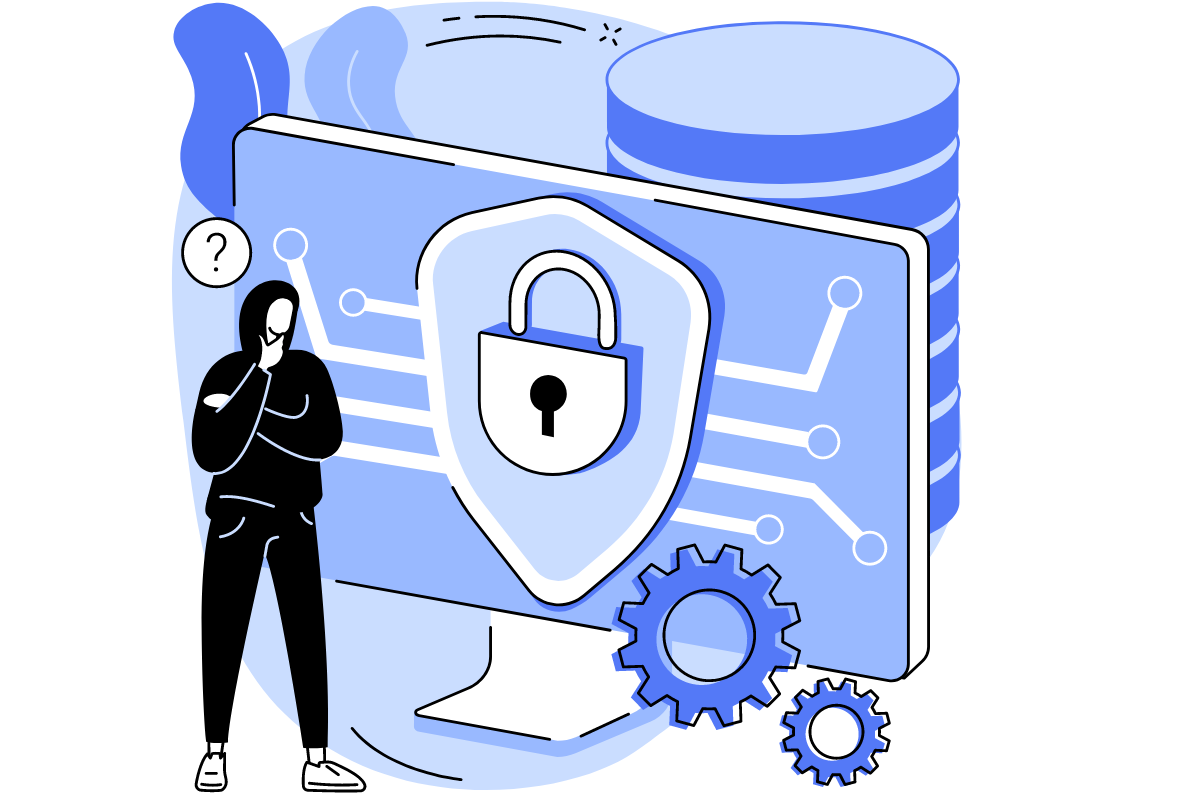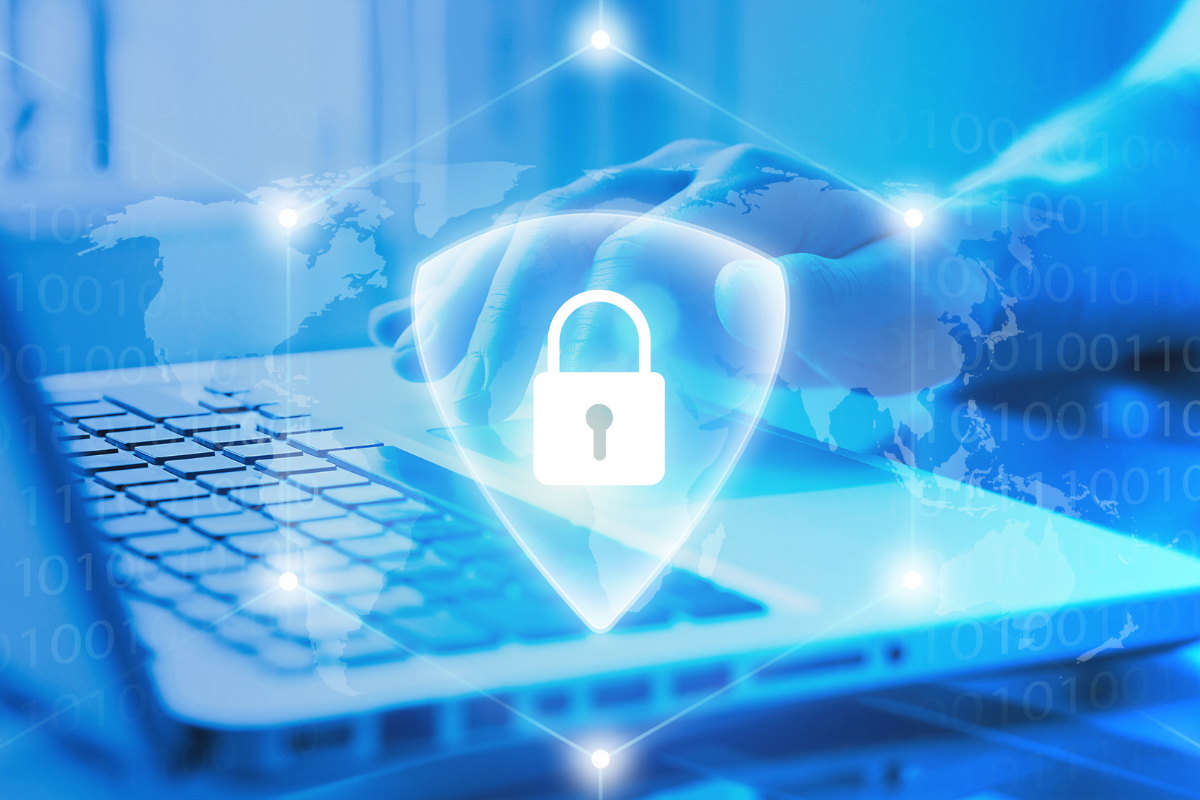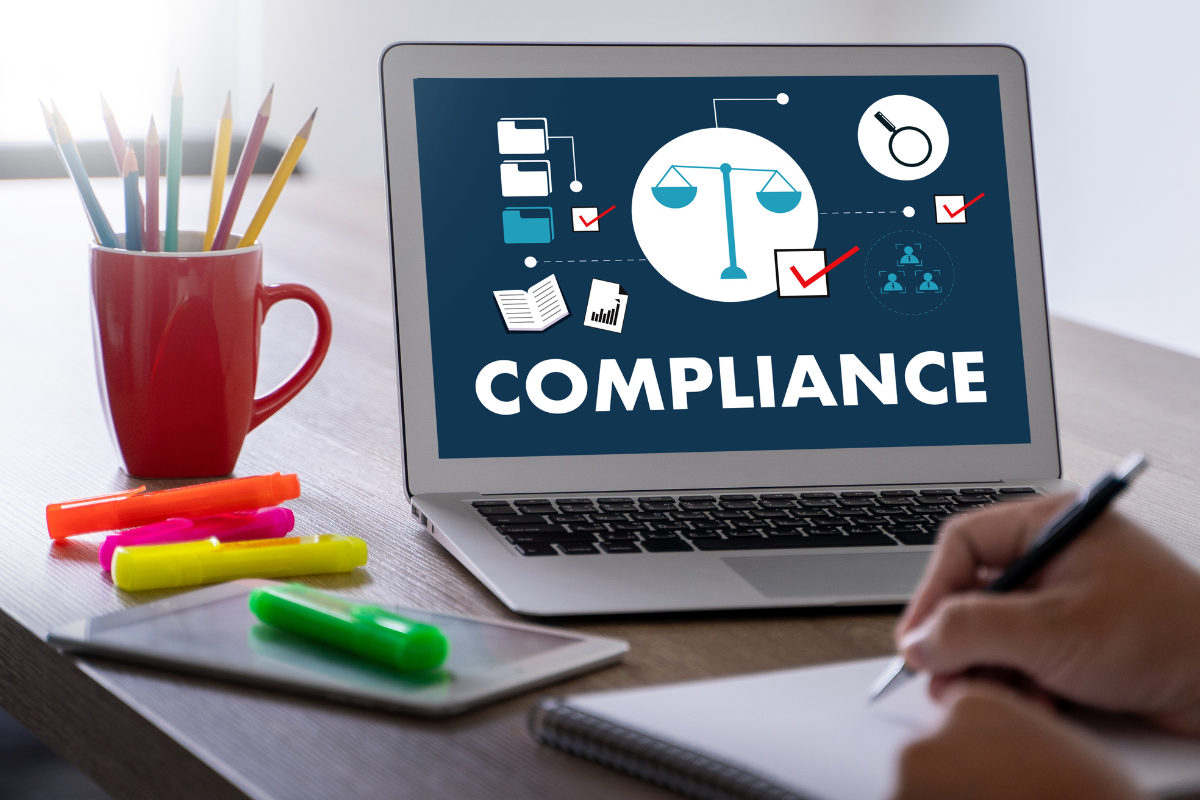In the ever-evolving world of cybersecurity, staying on the latest threats and security solutions can be a challenge.
Cybercriminals use more advanced and sophisticated methods to gain network access and steal sensitive information.
To ensure a secure business environment, organizations must learn how to protect themselves against these modern threats, have up-to-date security solutions, and prevent outages and attacks with proper digital certificate management.
Learn what growing businesses should know about keeping up with advanced threats and the importance of preventative measures to remain secure from potential risks.
Table of Contents
ToggleUnderstanding The Threats Companies Face Today
With the rise of technology, companies face increasing threats that can compromise their sensitive information, damage their reputation, and even bring their operations to a halt.

Cyberattacks, data breaches, and malicious insider activity are just some of the many hazards businesses must face in today’s digital landscape.
Hackers are growing more sophisticated in their methods and can strike from anywhere worldwide, making it all the more challenging for companies to safeguard against these dangers.
The COVID-19 pandemic has created a storm for cybercriminals, taking advantage of remote work setups and the vulnerabilities that come with them.
Understanding the threats companies face today is crucial for developing effective strategies to protect against them.
The Different Types Of Security Solutions
Protecting information is important for businesses of all sizes. With the rise of cyber attacks, companies must implement various security solutions to safeguard their operations.
One such solution is digital certificates. A digital certificate is an electronic document verifying the identity of a website or user, ensuring secure communication between two parties.
These certificates contain encrypted information that acts as a digital signature, providing higher protection against online threats.
Companies can choose from various security solutions, but digital certificates are quickly becoming a standard in securing online transactions.
What To Look For In A Security Solution
As technology advances, so do cybercriminals’ methods to infiltrate personal and business networks. It’s never been best to ensure you have a strong security solution.
But with the vast array of options available, knowing which is right for you may be challenging.
When searching for a security solution, look for essential features such as advanced threat detection, an easy-to-use interface, and reliable customer support.
Additionally, ensure your solution can keep up with the fast-changing threat landscape and regularly update.
Considering these factors, you can safeguard your data and enjoy peace of mind knowing you have a robust security solution.
Best Practices For Implementing A Security Solution
A security solution is vital for protecting sensitive data and information from cyber threats. One important aspect of a comprehensive security solution is using digital certificates.
Digital certificates serve as virtual ID cards, verifying the authenticity of online identities and ensuring secure communication.
However, implementing a security solution is not a one-size-fits-all approach. Analyzing your organization’s needs and requirements is important to determine the best practices for implementing a security solution.
By considering the unique aspects, create a custom solution that maximizes security while minimizing disruption to day-to-day operations.
Choosing The Right Security Solution For Your Business
Businesses must have the right security solution in place. With increasing cyber threats, choosing an effective solution that protects sensitive data from theft or fraud is crucial.
One such solution is digital certificates, essential in securing online transactions and communications.
A digital certificate acts as a digital fingerprint that proves the identity of a business to its customers and partners.
It’s important to choose the right digital certificate provider that offers a variety of certificates to match unique business needs.
Choosing the right security solution and digital certificate provider can protect your business from vulnerabilities and risks, giving you peace of mind to focus on growth and success.

Understanding Emerging Advanced Threats and How To Keep Up With Them
As technology continues to evolve, so do the threats that come with it. Cybercriminals are trying advanced ways to breach systems and steal valuable information, from malware attacks to phishing scams.
As a result, individuals and organizations must stay up-to-date on emerging advanced threats and take proactive measures to protect themselves.
This includes understanding hackers’ latest tactics, updating security protocols, and investing in advanced technologies such as AI and machine learning.
By continually educating ourselves and adapting to the changing threat landscape, we can stay ahead of the game and keep our data safe from harm.
The Role Of Employee Education In Cybersecurity
While implementing advanced security solutions is crucial, businesses must not overlook the importance of employee education in cybersecurity.
Staff members often form the first line of defense against cyber attacks, and appropriately educating them can reduce security breaches.
This education should cover the importance of creating strong, unique passwords, recognizing phishing attempts, and following safe internet practices.
Furthermore, periodic training sessions should be implemented to keep staff up-to-date with the latest threats and best practices for cyber protection.
A well-informed team can be one of the strongest assets in a company’s cybersecurity arsenal.
The Importance Of Regular Security Audits
Regular security audits are a component of any comprehensive cybersecurity strategy. They offer a structured approach to identify vulnerabilities and evaluate current security measures.
These audits should be carried out periodically and involve thoroughly inspecting the physical and digital aspects of a company’s security landscape.
Areas of focus may include network security, data protection measures, employee compliance with security policies, and more.
By identifying and addressing vulnerabilities through regular audits, businesses can stay ahead of threats and ensure continuous security improvement.
Final Thoughts
All in all, business security is a complex and ever-changing landscape. It’s important to be aware of the threats companies face, understand the types of solutions available, know what to look for when choosing one, and have an idea about best practices for implementation.
Furthermore, staying up-to-date with emerging advanced threats and how to protect against them is important.
You can choose the security solution for your business and ensure your data remains safe.
Keeping up with these threats may be more challenging now than ever, but investing time is worth ensuring a secure environment inside and outside your organization. Doing this will help protect not only you but those you work with as well.











